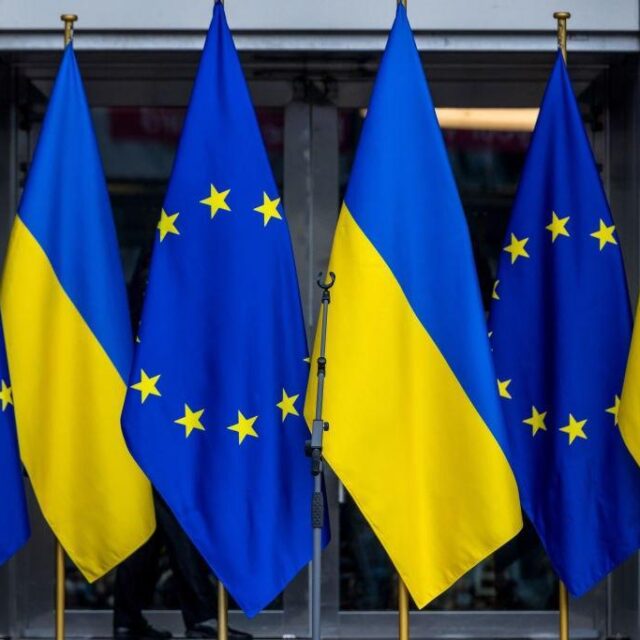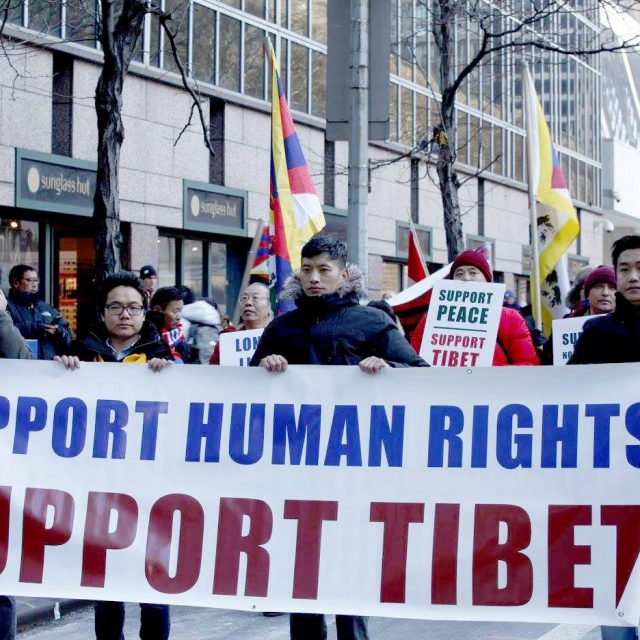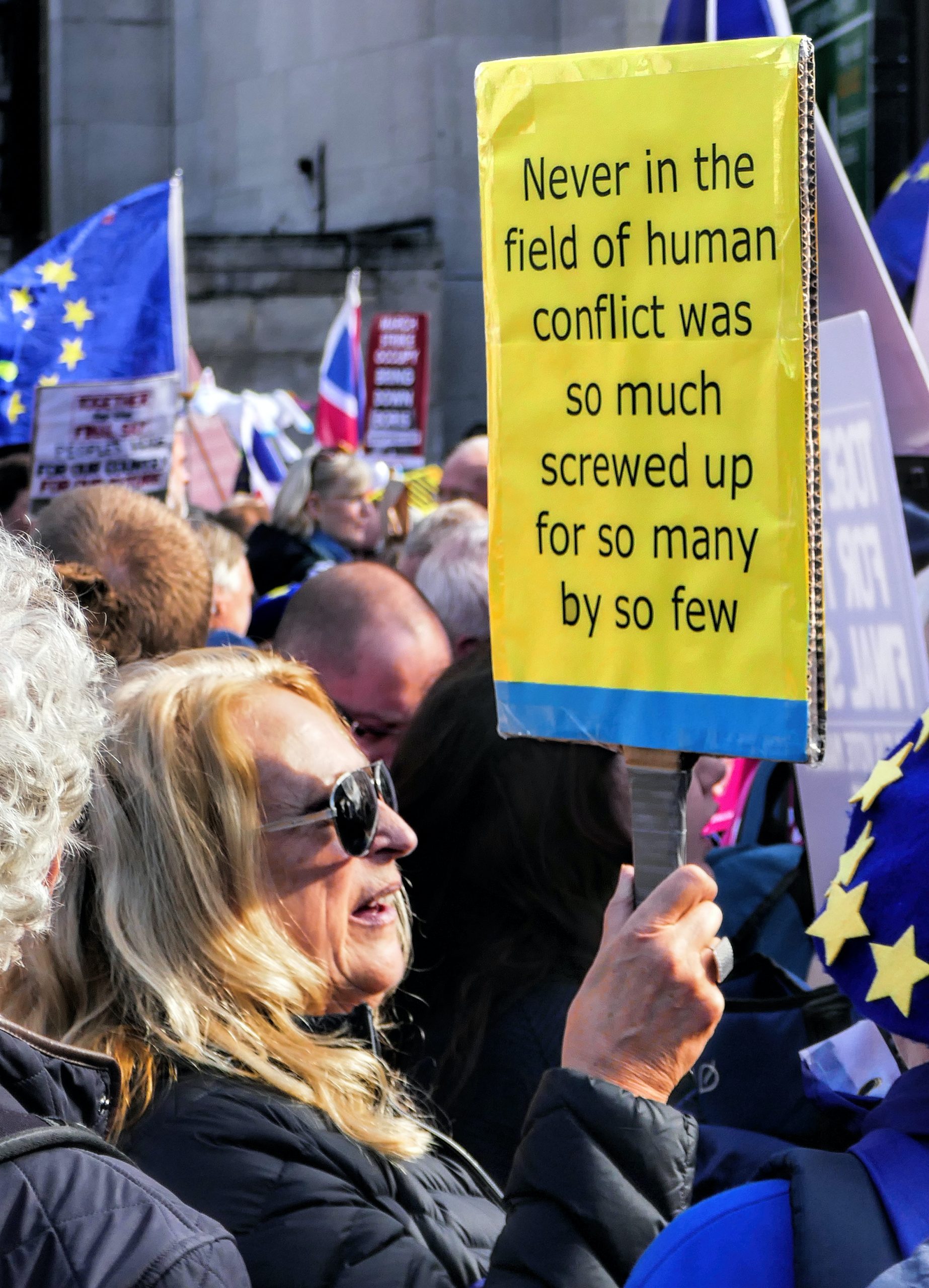NATO Secretary General Jens Stoltenberg has admitted that the alliance has a “dual track approach” to Russia, writes Martin Banks.
This is based on “strength and openness for dialogue and “on whether Russia will change in near future or not change.”
He said, “Even if we see no change in the near future then we still need a political dialogue with Russia in order to manage what is a difficult relationship.
“This is vital so as to avoid incidents and accidents.”
The INF treaty has, he said, helped to manage the relationship.
However, with Russia deploying missiles in Europe and the US now threatening to withdraw from the INF treaty, there is a “risk is that events could spiral out of control and create something really dangerous.”
He called on Russia to return Ukrainian sailors and naval vessels seized by Russia in the Sea of Azov.
He said NATO was “closely monitoring” the current impasse between the two sides to prevent it “spiralling” out of control.
Speaking ahead of the meetings of NATO foreign affairs ministers in Brussels on Tuesday, Stoltenberg said there was “no justification for this use of force” but also called for “calm and restraint.”
Ukraine currently faced a “serious threat” from Russia which “must” release the seized Ukrainian sailors and ships and allow “unhindered access” to Ukrainian ports in the Black Sea and Sea of Azov.
Stoltenberg said, “Ukrainian ships have the right to navigate through the Sea of Azov.”
The official also again condemned Russia’s “non compliance” with the international Intermediate-Range Nuclear Forces treaty (INF), saying Moscow “must fully comply with its international commitments.”
His intervention on the recent escalation in tensions between Russia and Ukraine comes after Russia opened fire on and seized three Ukrainian navy ships and their crews on November 25 in an incident which Moscow and Kiev have blamed on each other. The incideent has triggered a crisis that has raised fears of a wider conflict.
Russian President Vladimir Putin said at the weekend it is “too early” to return Ukrainian sailors and naval vessels, accusing the Ukrainian government of provoking an incident as a distraction from domestic problems.
Putin was speaking the G20 summit in Buenos Aires, where President Trump cancelled a meeting with the Russian leader because of Moscow’s refusal to release the 24 Ukrainians. The Russian president said it was necessary to detain the captives while a legal case was put together to demonstrate that the three Ukrainian naval vessels violated Russia’s territorial waters.
Speaking on Saturday, Ukrainian President Petro Poroshenko repeated allegations that Russia had amassed a large military force in eastern Ukraine, which is controlled by pro-Russian separatists, and in Crimea, which Russia annexed from Ukraine in 2014.
He said Moscow has deployed land forces of around 80,000 Russian troops, about 1,400 artillery and missile systems, 900 tanks, 2,300 armored vehicles, about 500 planes and 300 helicopters.”
Moscow had also built up a powerful naval force in the Black Sea and the Sea of Azov, which Russia and Ukraine share, he said.
Speaking at a news conference at NATO’s Brussels headquarters, Stoltenberg said this week’s ministerial would deal with a “wide range of security challenges” including “Russia’s de-stabilising behaviour.”
He condemned deployment in Europe of new Russian missiles and non compliance with the INF Treaty which, he said, had “eliminated an entire range of weapons but which had been put in jeopardy by Russia.”
The new missiles, he told reporters, were “mobile and hard to detect.”
They have a nuclear capability and could reach European cities within minutes and with little or no warning.”
He said, “The U.S is in full compliance with this treaty and has deployed no new missiles in Europe.”
“I am calling on Russia to take immediate steps to ensure full compliance with the treaty in a transparent and verifiable way.
“Europe is a strong advocate of arms control in order to make us all safer but to make this possible Russia must fully comply with its international commitments.”
He said the agreement cannot be effective if it is only respected by one side.
It must be “balanced, viable and respected by all sides.”
He said, “We must ensure we are able to continue to keep all allies safe and secure and will take necessary decision to ensure this happens in the future.”
Nato, he said, had increased its military presence in the Black Sea region. This includes increasing the number of ships from 80 to 120 and also the presence of “air policing.”
“We are monitoring Russia’s military posture and is one reasons for what is the biggest Nato reinforcements that we have seen since end of the cold war.
He said, “We have seen Russia illegally annex Crimea and build a bridge between Russia and Crimea to impede the movement of Ukrainian ships. It is a bit early to say what ministers will decide this week but allies are very concerned.
“Nato will not mirror what Russia does but we must ensure we have the necessary readiness and resolve to provide adequate deterrence.”
He also spoke of the “continuing instability” in Afghanistan and the importance of it stopping it from once again being a “safe haven for international terrorism.”
He admitted the “high cost – both economic and human – for Nato having a presence in the country but said this was preferable to it leaving.
If that happened there was a risk the Taliban will come back and gain a strong foothold again.
“We have been fighting ISIS in Syria and Iraq for many years and we have made lot of progress but we must ensure it does not re-emerge in Afghanistan.”
The Author, Martin Banks, is News Editor of EU Political Report.




